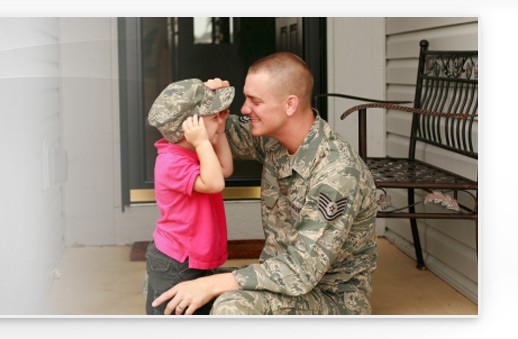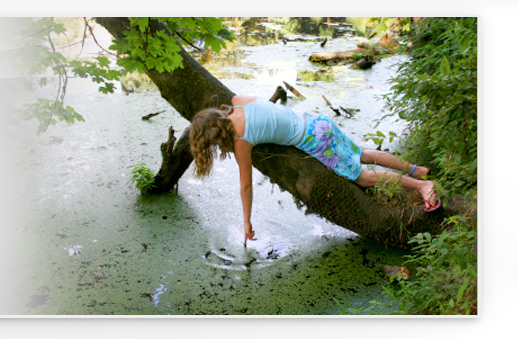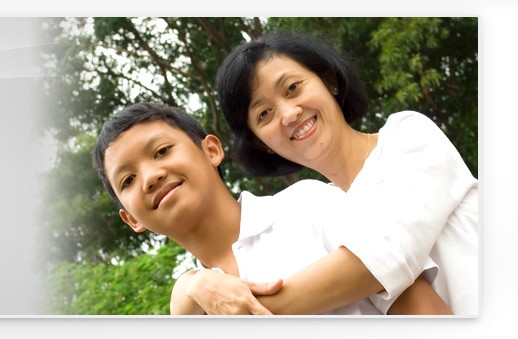
Signs of Trouble--When to Seek Help
We must never believe that resilience means invulnerability.
All people, even the most stable and resilient, reach their limits sometimes. It is not a sign of weakness on our children’s part, nor a sign of poor parenting on our part, when children show their human limitations.
Children experience stress through their bodies, just as we do. They get bellyaches, headaches, muscle strains, fatigue, and even chest pain and dizziness when they’re stressed. Don’t assume they are faking to avoid school or get out of responsibilities. It is important to have them examined by a pediatric caregiver to be sure there is not an illness that needs treatment. It is equally important to consider that children with frequent aches and pains that can't be explained by a virus or other illness may be stressed.
School-aged children often reveal their levels of stress through school performance. Just as adults’ performance at work declines with increasing stress, children find it difficult to focus on schoolwork. Anytime a child’s grades are slipping significantly, it should be a red flag that alerts caring adults to explore what is going on in the child’s life.
In older children and adolescents, always look for changes in their behavior. A new circle of friends or radical change in dress style are certainly signs that merit a supportive conversation. Any suspicion that your child may be turning to substance use, including cigarettes, deserves your intensive involvement as well as professional guidance.
Possible Signs of Trouble
No single sign should make you panic. Often, children and adolescents have some of these signs and are fine. But they are signals that you should check in with your child and consider seeking professional help.
|
|
Finding Help
 Whenever your child does seem to be troubled, the first step is always to reinforce that you are there to be fully supportive. Listen, be a sounding board, perhaps even offer advice, but certainly give hugs or do whatever you can to ensure that her most important source of security remains constant. If your child seems to need more than you, it is time to turn to professional help.
Whenever your child does seem to be troubled, the first step is always to reinforce that you are there to be fully supportive. Listen, be a sounding board, perhaps even offer advice, but certainly give hugs or do whatever you can to ensure that her most important source of security remains constant. If your child seems to need more than you, it is time to turn to professional help.
It can be tough to guide a teenager to agree to seek professional guidance. Adolescents may feel ashamed that they can’t handle their own problems and worry that going for help confirms that they are weak or “crazy.” If you have any ambivalent thoughts about seeking professional help, try to resolve them before talking to your teen. If you genuinely believe that seeking professional help is a positive action, your adolescent is more likely to see it that way. Parents can help teens to understand that they deserve to feel good. Seeking help is an act of strength because strong people know they are capable of feeling better, deserve to feel better, and will take the steps to feel better.
Be assured that professionals who evaluate young children have the training to ensure it is a safe, even enjoyable, experience for your child. Professionals who serve adolescents understand the importance of privacy and respect. Ask your child’s pediatrician, school counselor, or clergyperson for recommendations, and then speak to the professional to find the right match for your child.
It is important to take a strengths-based approach when you support your children to seek professional Help
Edited from Ginsburg KR, Jablow MM. Building Resilience in Children and Teens : Giving Kids Roots and Wings. 2nd ed. Elk Grove Village, Il: American Academy of Pediatrics; 2011.









 Dr. Ken Ginsburg and
Dr. Ken Ginsburg and